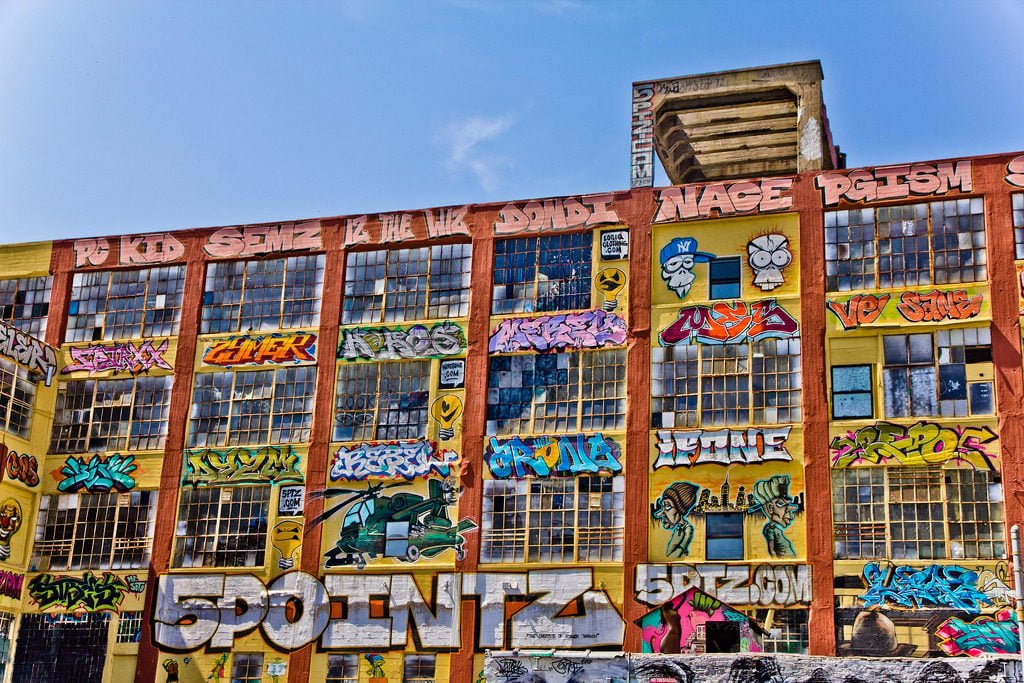Law & Politics
Decrying Real Estate Developer’s ‘Insolence,’ Judge Awards Street Artists $6.7 Million in Landmark 5Pointz Case
The ruling is a decisive victory for street artists.

The ruling is a decisive victory for street artists.

Eileen Kinsella

In a dramatic conclusion to a landmark case, a judge has ruled that a New York developer must pay $6.7 million to a group of graffiti artists to compensate for painting over their work without warning in 2013. The decision represents a decisive victory for street artists in a case that pitted their rights against those of a real estate executive.
The artists sued the developer, Gerald Wolkoff, for violating their rights after he whitewashed their work at the famous 5Pointz art mecca in Long Island City to make way for condos. A jury ruled in favor of the artists in November, but it remained up to a judge to determine the extent of the damages.
In a 100-page decision handed down today, Judge Frederic Block awarded $150,000 for each of the 45 works for a total award of $6.75 million.
“5Pointz was its temple, though it can never be replaced, this judgement is a monumental step for our culture and our art form,” Jonathan Cohen (also known as Meres One), the former director of 5Pointz, said in an email to artnet News. “Judge Block’s decision will change the art form perception for generations to come.”
Judge Block had harsh words for Wolkoff and the 2013 whitewashing episode in particular. He wrote: “If not for Wolkoff’s insolence, these damages would not have been assessed. If he did not destroy 5Pointz until he received his permits and demolished it 10 months later, the Court would not have found that he had acted willfully.”
Block added: “Since 5Pointz was a prominent tourist attraction the public would undoubtedly have thronged to say its goodbyes during those 10 months and gaze at the formidable works of aerosol art for the last time. It would have been a wonderful tribute for the artists that they richly deserved.”
Meanwhile, he praised the artists, who “have conducted themselves with dignity, maturity, respect, and at all times within the law.” The artists’ behavior contributed to his decision to award them significant damages, Block wrote.
Wolkoff’s attorney did not immediately respond to a request for comment about the ruling or whether he planned to appeal.
In the lawsuit, the artists alleged that their rights had been violated under the Visual Artists Rights Act (VARA). The case was closely watched by artists, copyright experts, and property owners alike because it is extremely rare for VARA cases to come to trial. The law protects works of “recognized stature”—but even experts admit the term is vague and subject to broad interpretation. In this case, the judge seemed convinced that the now-erased graffiti mecca was of historic importance.
Art expert Renee Vara, who testified in support of the artists, noted that the decision was significant because it recognized that “artists can be self-taught or academically trained.”
“The court’s decision is a victory not only for the artists in this case, but for artists all around the country,” 5Pointz attorney Eric Baum told artnet News. “Aerosol art has been recognized as a fine art. The clear message is that art protected by federal law must be cherished and not destroyed. Anyone who violates the law will be held accountable and punished for the destruction.”